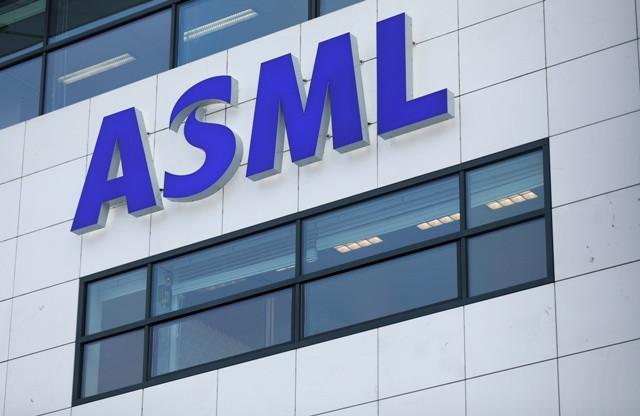The Biden administration is ramping up its strategic efforts to contain China's tech sector growth by urging the Netherlands to restrict the servicing of specific chipmaking equipment by ASML Holding NV, a leading Dutch semiconductor equipment manufacturer, within China, according to Reuters. This move is part of a broader U.S. campaign to align its allies against Beijing's technological advancements.
Alan Estevez, the U.S. export policy chief, is slated to engage in pivotal discussions in the Netherlands with Dutch government officials and ASML representatives. The agenda is expected to revolve around the cessation of servicing contracts for some of ASML's tools in China, a crucial element in the U.S.'s endeavor to limit Beijing's capability in producing advanced semiconductor chips.
In addition to discussing service agreements, the U.S. is reportedly considering the expansion of a list of Chinese chip manufacturing facilities that are to be restricted from receiving Dutch equipment. This proposal underscores the intensifying U.S. efforts to curtail China's access to cutting-edge chipmaking technology, which is central to the development of numerous advanced technologies.
The Dutch Foreign Ministry, while confirming the scheduled meeting, has kept specifics under wraps, emphasizing the value of ongoing dialogue with international partners. Meanwhile, ASML, a critical player in the global semiconductor supply chain, has refrained from commenting on the impending discussions.
This initiative by the U.S. reflects growing concerns over China's burgeoning tech capabilities, as illustrated by Huawei's launch of the Mate 60 Pro smartphone, equipped with a sophisticated chip despite U.S. sanctions aimed at crippling China's semiconductor production prowess.
Servicing restrictions on ASML's equipment could significantly impact China's semiconductor industry, given the complexity and maintenance requirements of the company's advanced lithography machines. With China being ASML's second-largest market, constituting 29% of its sales, the implications of such restrictions could be far-reaching.
The meeting follows a pattern of the U.S. persuading its allies to adopt stricter controls on technology exports to China, a strategy that has seen Japan and the Netherlands implement measures to limit the export of certain chipmaking technologies to China for national security reasons. However, the Dutch restrictions have not been as extensive as those imposed by the U.S., which has prohibited American firms from servicing advanced chipmaking equipment in Chinese factories.
The U.S.'s push for tighter controls comes amid diplomatic engagements, with Dutch Prime Minister Mark Rutte recently meeting Chinese President Xi Jinping. While trade and economic cooperation were likely discussion points, Rutte has indicated that the Netherlands' stance on exports, especially those with potential military applications, will be cautious, particularly in light of China's support for Russia.
As the U.S. continues to navigate its complex relationship with China, the outcomes of Estevez's meetings in the Netherlands could have significant implications for the global tech landscape, influencing not only the semiconductor industry but also the geopolitical dynamics between major world powers.






